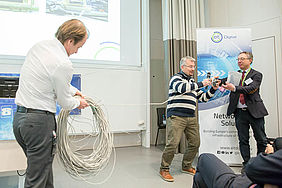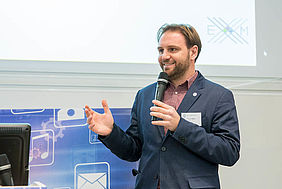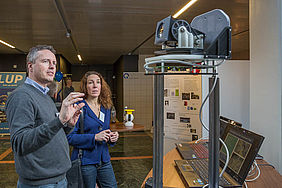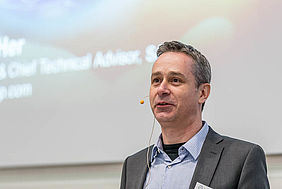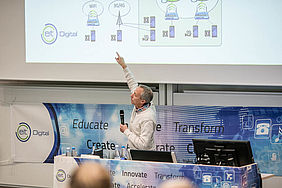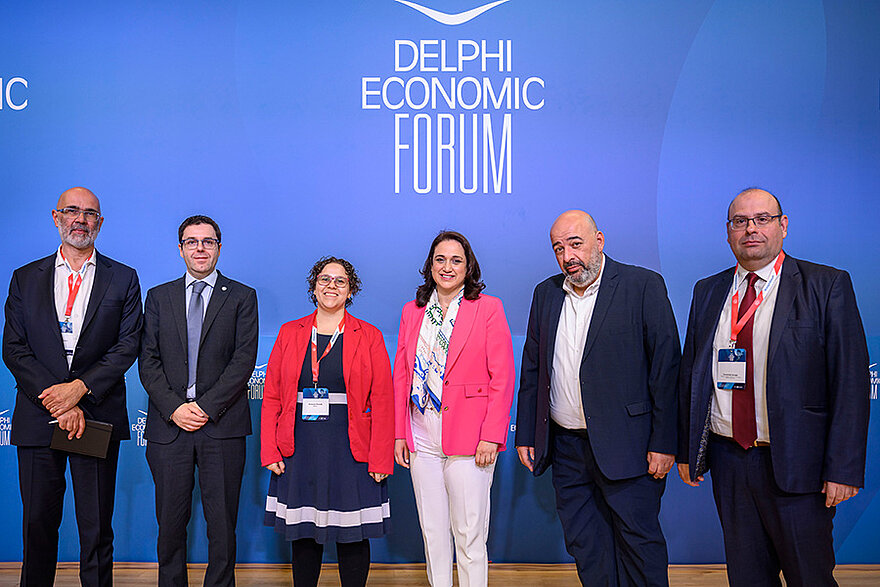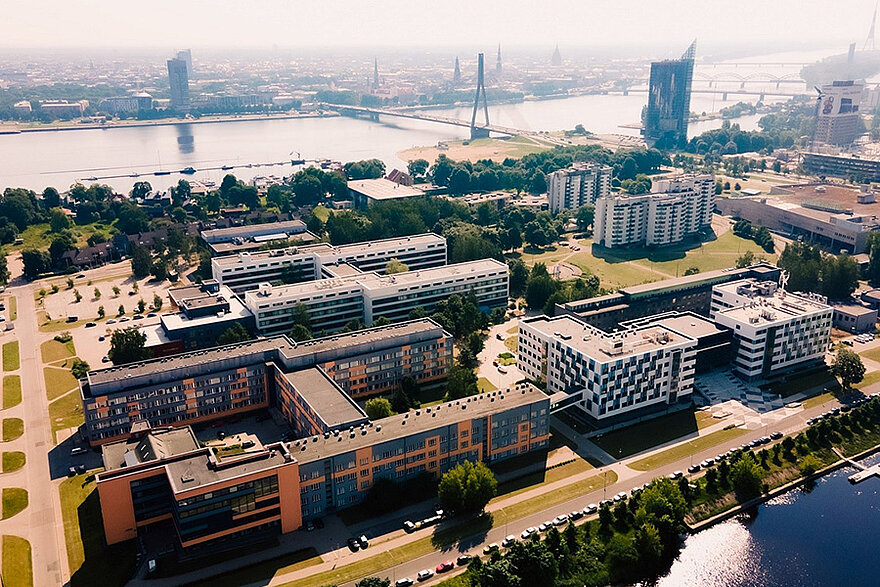As the year came to an end it was time to share the outcome of the innovations and business community activities in the Future Networking Solutions with our stakeholders. The Stockholm Innovation Days in early December 2015 offered two keynotes providing IoT business insights; by Alberto Torron, Telefonica and Demed L’Her, SAP. In addition there were business cases and opportunities delivered by the activity leaders from Sweden, Italy, Finland and France.
-We have several success stories that we have been too modest to share but now we can really talk about business impact and societal benefit. I am very impressed with the good work, said Henrik Abramowicz, Action Line leader FNS as he shared a selection of 2015 highlights and previous results.
As video consumption keeps increasing the network providers need to deliver more effective video streaming solutions to cope with growing demand. Both consumers and providers gain from being able to measure quality, especially at large events. Networks for Future Media has carried out several field tests in 2015 and also launched products for the market; Mobile Meter, an open source Q&E monitoring tool, and a tool for assessing Streaming quality as presented by Kjell Brunnström, Acreo.
How to Experience the Instant and share Here and Now by a localised platform, not using the cloud and offloading the main infrastructure was the objective of the MOSES project in 2015, presented by Gunnar Karlsson.
One of the problems in networking is the deployment of novel technologies and adapting the network to different kinds of information data. Information Centric Networks is “enabling a new communication paradigm” by adapting the data plane according to the kind of traffic, as the presentation by Massimo Gallo, Alcatel Lucent showed.
SDN -Software Defined Networks- is a trend in Networking, described as the Nervous system for the Digital Society by Antonio Manzanili, Telecom Italia at the FNS seminar. The SDN@Edge project highlighted three main outcomes – a federation of EU-US field trials on SDN-NFV, a sustainability model of an EU Certification Centre and business models for Softwarisation.
Internet of Things (IoT) is another key FNS area. IoT has amongst other things the potential to offer a market of micro-content where billions of devices act as content providers but solutions have to be resource efficient and business effective.The Efficent IoT project, presented by Olov Schelen, Luleå Technical University, shared two commercial Proof of Concepts; one in an underground mine and one in an office / smart city environment. The operations in the Kemi mine in Finland have been deployed and managed by Cybercube, a startup from the innovation activities.
The FNS Business community started its operations in 2015 but has in short time attracted very successful startups, mainly focusing on IoT, that have reached new customers, investors and collaborations with large industry partners. Activity leader Agneta Jacobson shared the work behind successful leads at trade fairs, arranging high level investor networking and Industrial IoT roundtables with global corporations.
Another successful activity that has resulted in commercialisation is EXAM: Energy Energy efficient Xhaul and M2M. The benefits in brief are quicker deployment of base stations and integration of M2M which will decrease cost and support communications and applications. Energy efficient solutions will also decrease CO2 emissions. Three parts were presented in more detail – prototypes from Aalto resulting in the spinoff company Klick Technologies, a solution from Acreo called Free Space Optics for small cell distribution in special conditions, where it is difficult or expensive to pull cable, and a live testbed demo from Telecom Italia.
How to connect two billion devices in two weeks was the challenge presented by Gunnar Karlsson as the task for the 40 Master students that attended the FNS Summer School 2015. The intensive course combines lectures from business experts and hands-on training in business creation.
A challenge for IoT is the stovepipe oriented business paradigm. The high impact initiative of FNS is addressing this in the ACTIVE project – Advanced Connectivity platform for Vertical Segments. The work has just begun but will really take off in 2016 in the lead of Francesco Militano, involving 50 researchers in Sweden, Finland and Italy. The vertical business areas will be primarily applications for Health, Transport, Avionics and Smart buildings.
A liaison project coming to an end in 2015 is the FI-PPP project in FNS. Angelo Guilana, Engineering shared how the initiative is “Helping EU start-ups Growth” by various support and the open source platform FIWARE.
Innovations leading to promising business in the area of Future Networking Solutions
